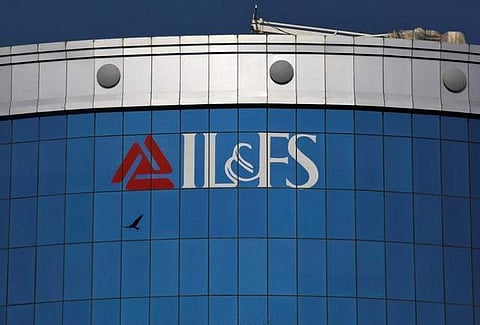

NEW DELHI: With ongoing probes into the IL&FS crisis highlighting the role of auditors in the fiasco, the Central government is now considering a revamp of the auditing process, making it more transparent, and auditors more accountable.
“There is a general consensus that the way auditing is being done requires some serious rethinking. There’s a need to redefine the role of auditors and relook at the scope of the auditing process, making them more accountable,” a senior official of Ministry of Corporate Affairs (MCA) told TNIE.
According to MCA officials, the ministry, in consultation with National Financial Reporting Authority (NFRA) and markets regulator Securities and Exchange Board of India, will come with a fresh draft by the end of July this year. NFRA is the new regulator set up by the Centre recently for accounting and auditing firms.
The decision is made in light of some auditing firms coming under scrutiny following allegations of overlooking the fudging of IL&FS books of accounts and for failing to flag accounting issues that helped its management to keep financial irregularities under wraps for years.
The Serious Fraud Investigation Office, which probed the fraud in IL&FS firms, had questioned the role of three auditors — Deloitte Haskins & Sells, EY affiliate SRBC & Co, and KPMG affiliate BSR & Associates — in its report in December last year and accused them of “window-dressing financials”.
The Companies Act, 2013, contains elaborate provisions regarding liability of statutory auditors in case an auditor contravenes those provisions willfully, with intention to deceive the company, its shareholders, creditors or tax authorities. However, the authorities feel that there must be stronger legal provisions against such auditors. The government might ask NFRA to relook into some of these provisions.
Meanwhile, Sameer Mittal, managing partner, Samir Mittal Associates, told TNIE that auditors work according to the agreed scope of work, which varies from client to client. “We as auditors follow a robust auditing process and the same is also reviewed by ICAI from time to time. Hence, there is no need to set up another body to review the audit process,” he opined.